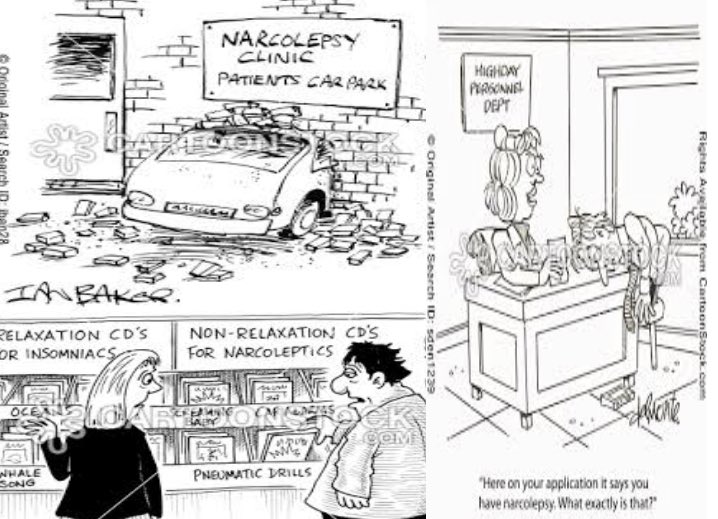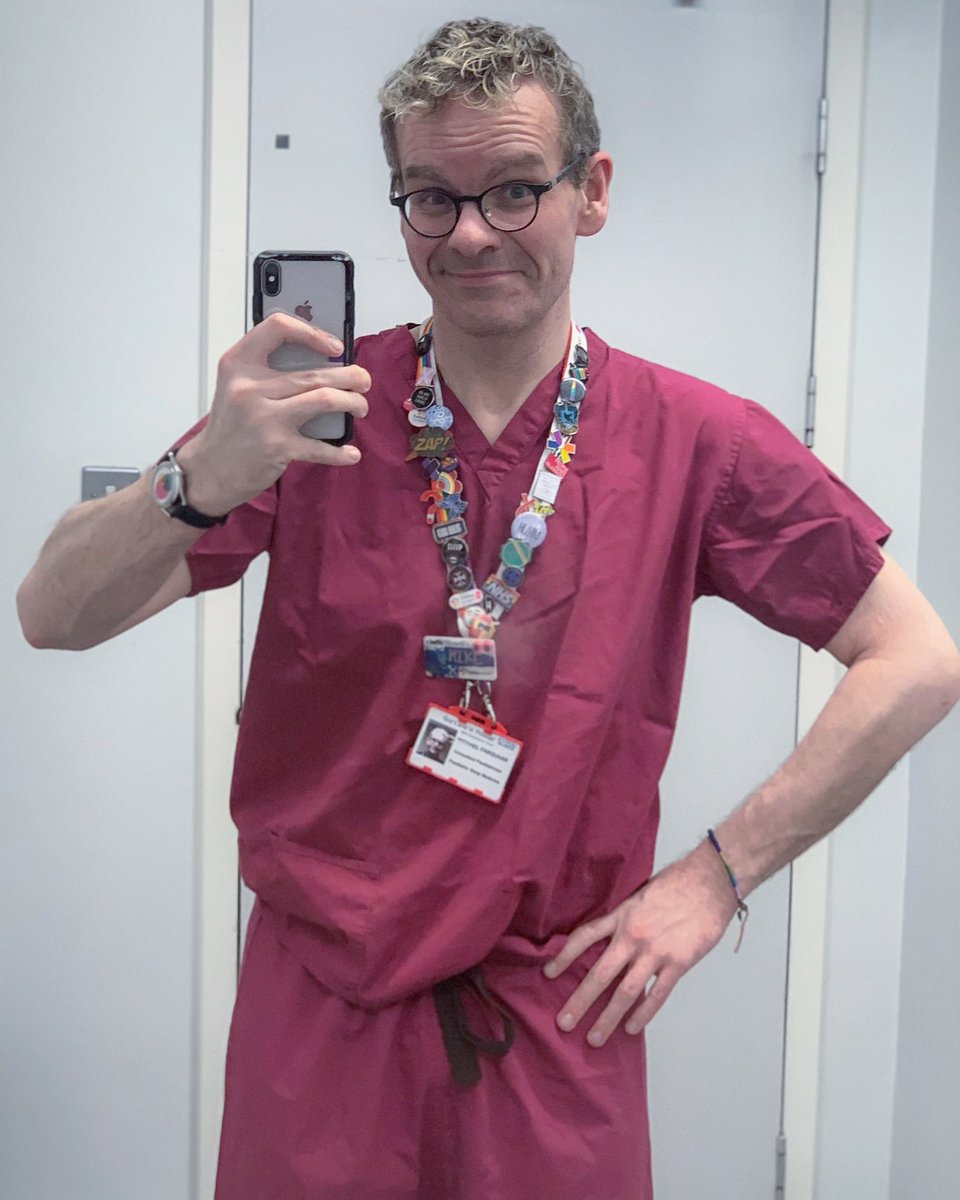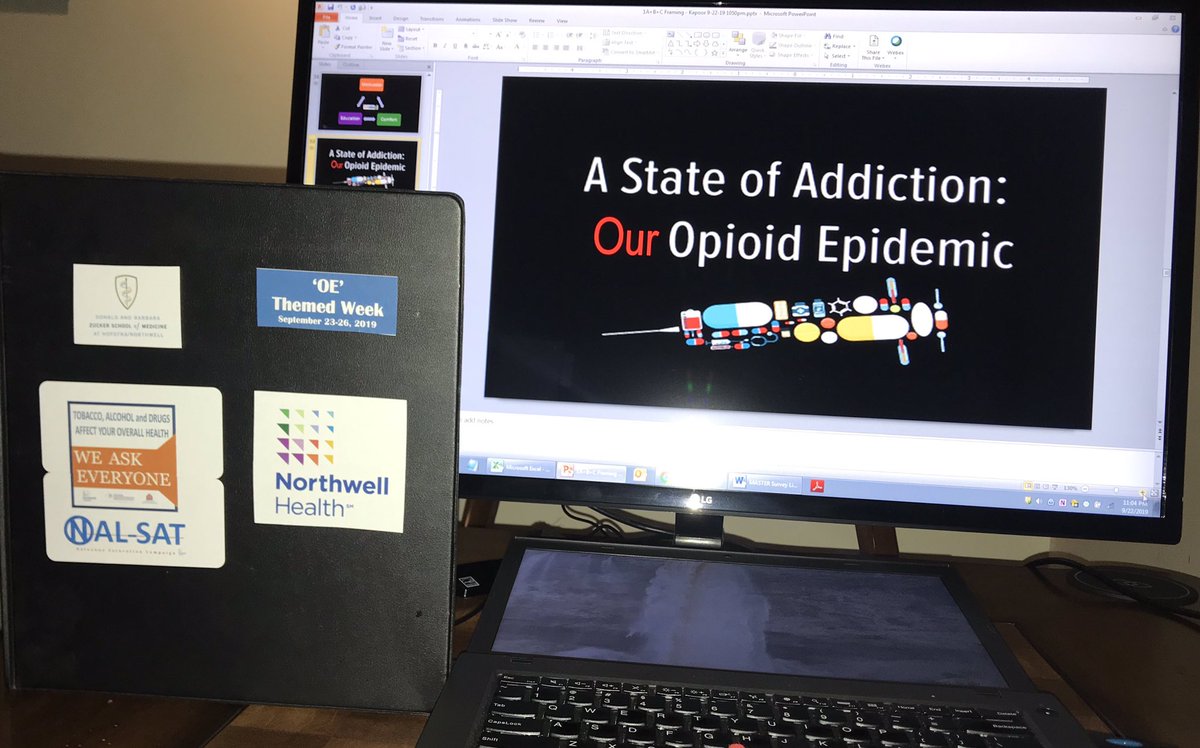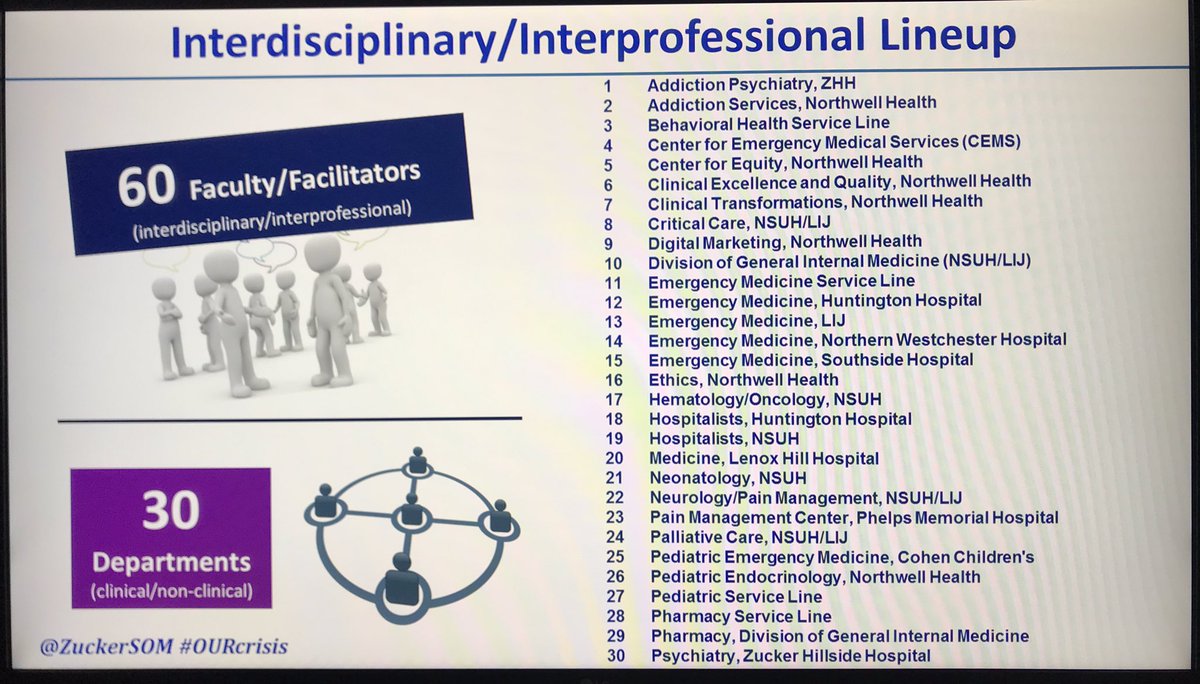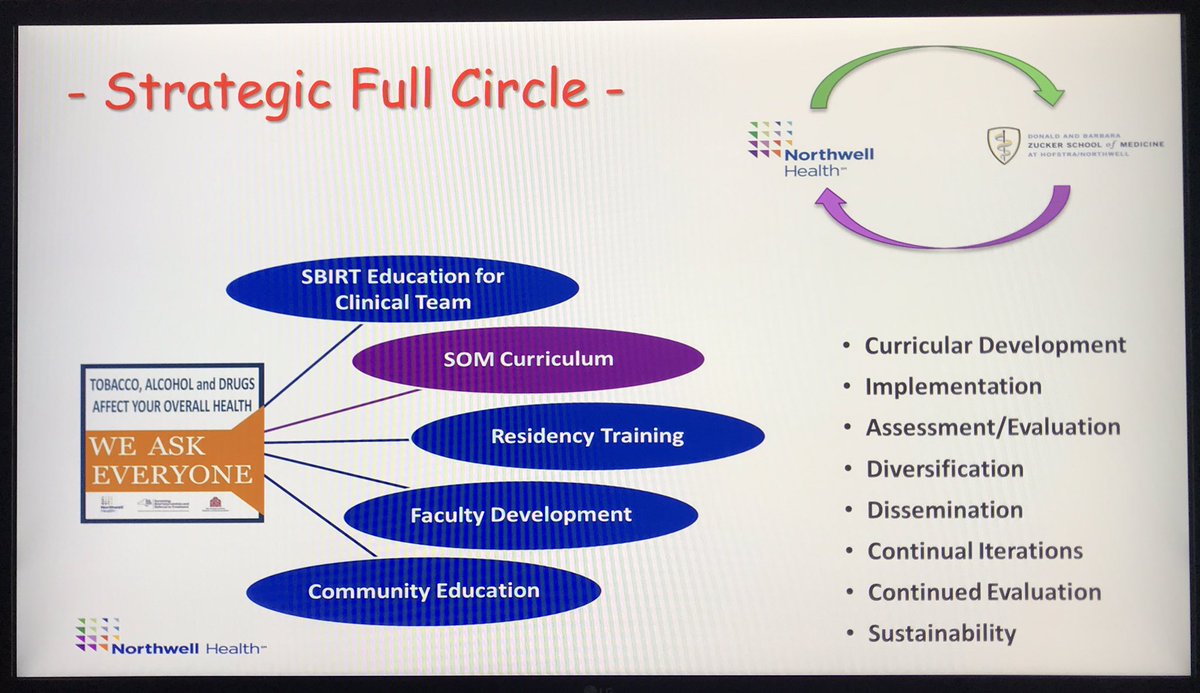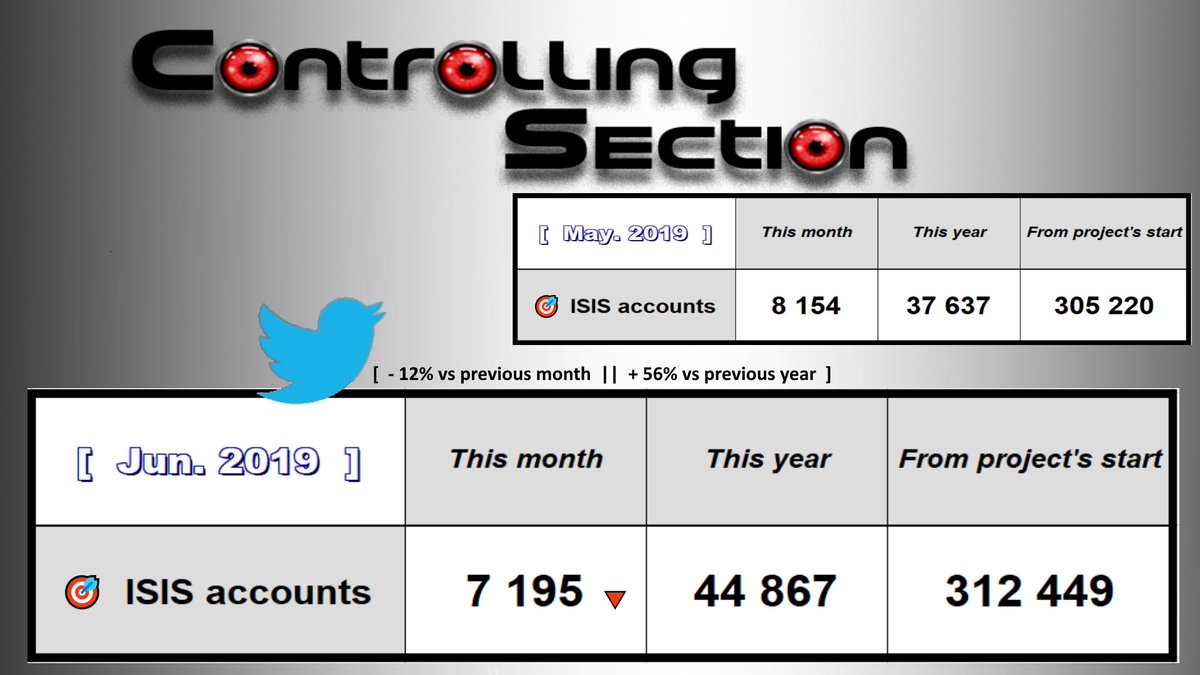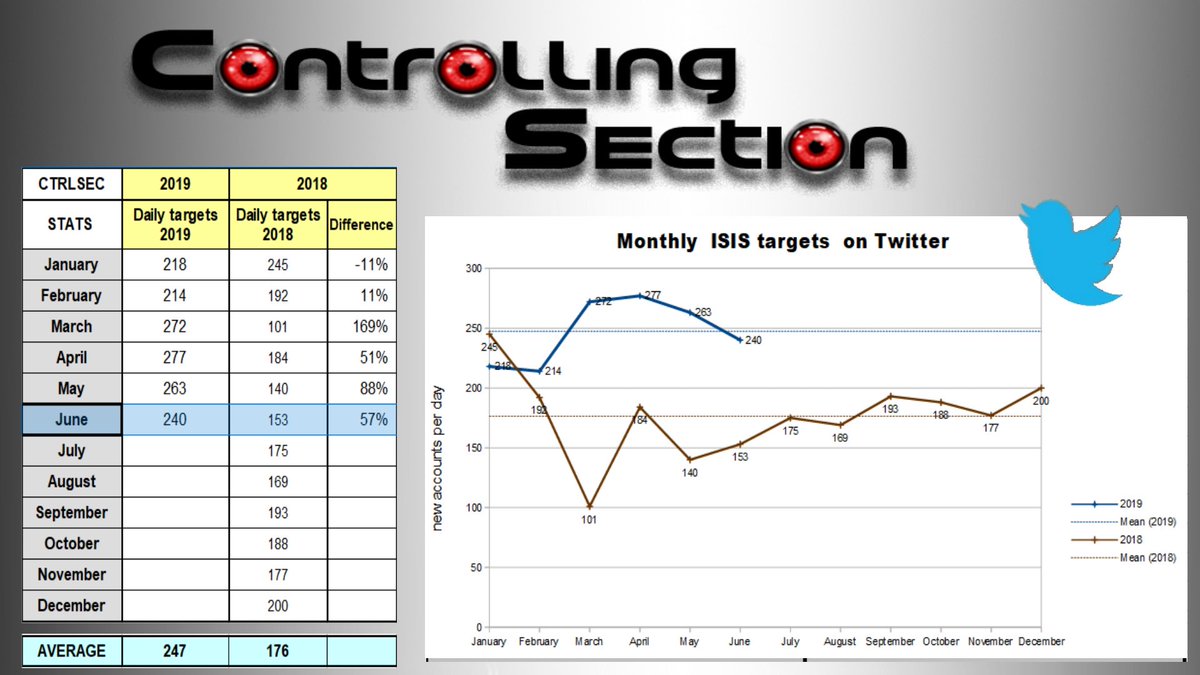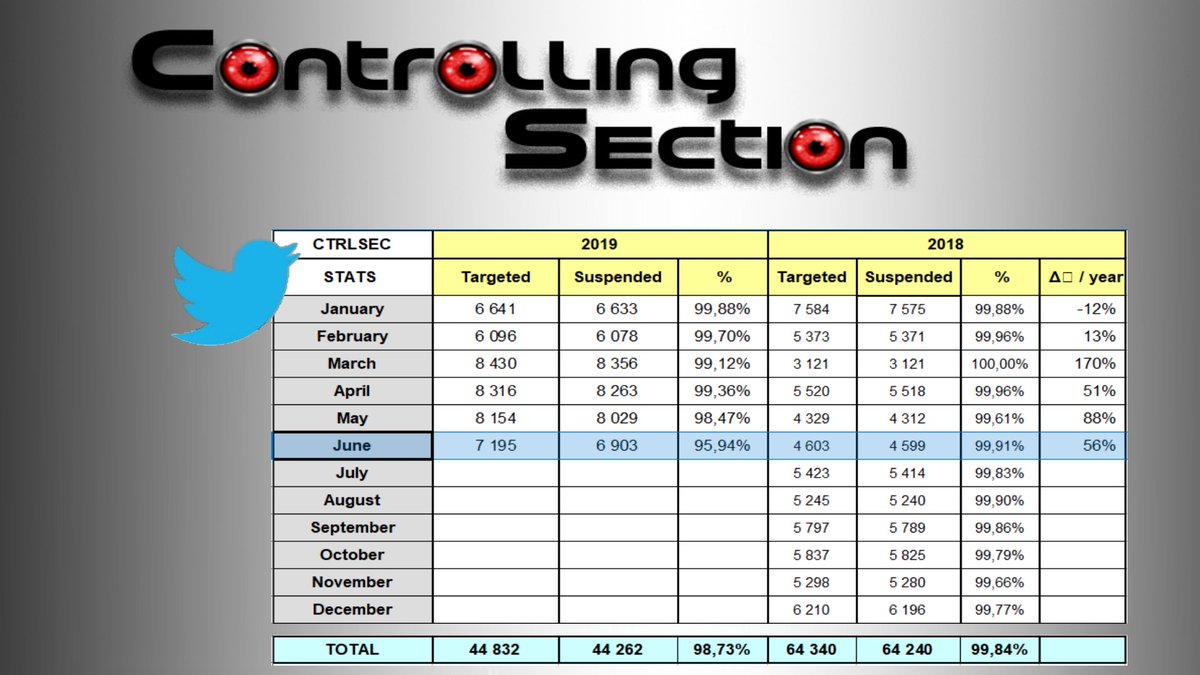Great to be watching @harvardmed sleep medicine legend Chuck Czeisler delivering a celebratory lecture on “A Brief Journey Through Circadian Time” @BrighamWomens, from the comfort of my office 💤 💡


... which, Prof C points out, contributes to perpetuating chronic sleep deprivation, because people are tricked into feeling less sleepy than they are
... this is why history of medicine is so important, being aware of how much paradigms can shift even within our own lifetimes!
... “it never made any sense to me!”
Great overview of his career’s work (to date!) in circadian medicine and still SO much for us to understand and apply to routine healthcare
Isn’t sleep medicine brilliant? 😁💤
(Thanks @harvardmed @BrighamWomens!)














